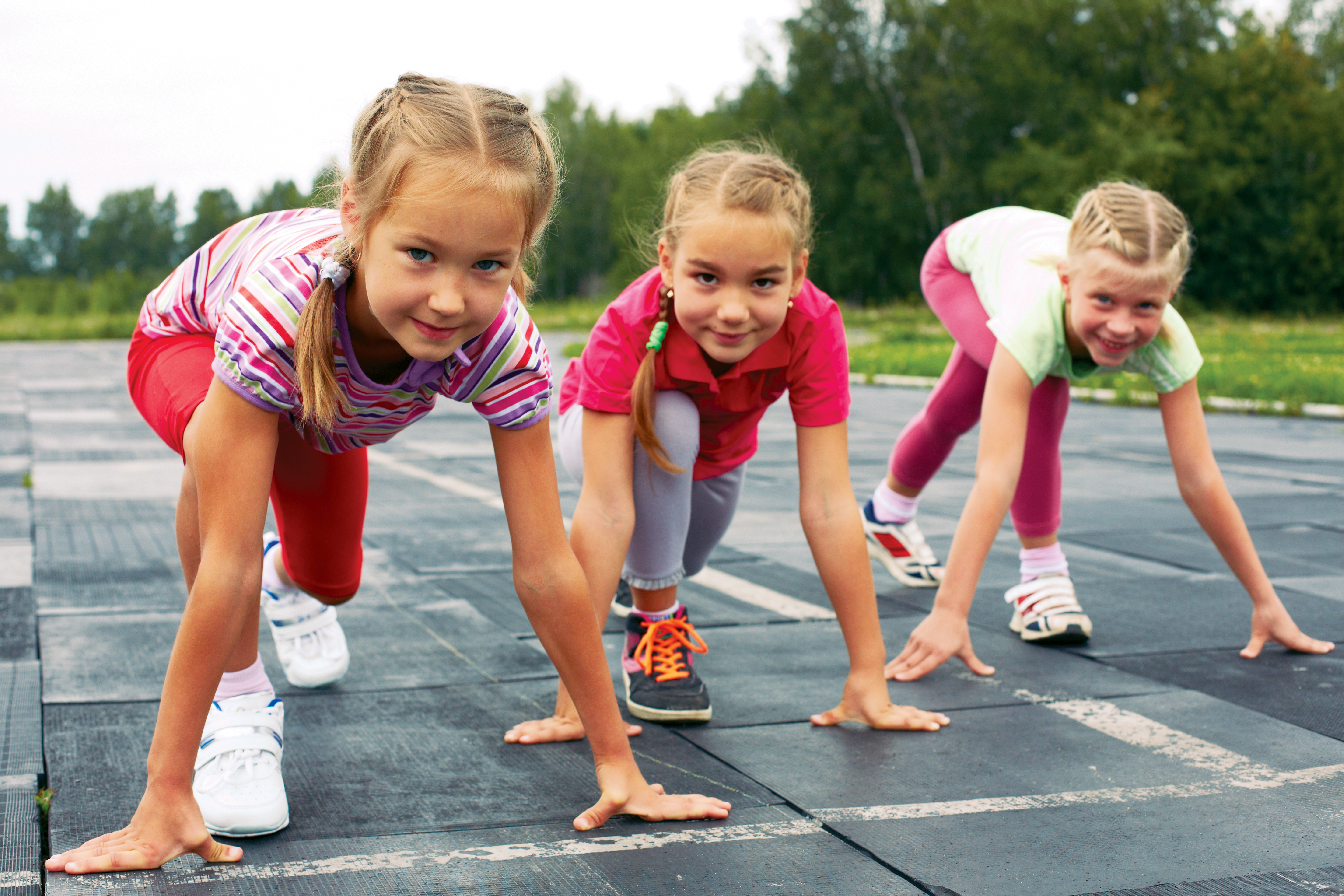Although misrepresented by unhealthy competitiveness and big money schemes, sports still play a major role in teaching lessons both for children and for parents.
Despite some might think sports are only a mere way of entertainment, it actually holds within its practice relevant features for children’s life development, such as helping them grow physical skills, make friends, get exercise, have fun, learn to play fair, learn to play as a member of a team and improve self-esteem.
Nonetheless, in contemporary society, sports culture has turn out to be more of a money making business thing rather than a means of having fun and learning, what becomes evident through the highly stressful, competitive, „win at all costs“ approach which have been spread at colleges and even within the professional athletic environment.
The sad thing about this all is that these attitudes have a relevant impact on the world of children’s sports and athletics, creating an unhealthy environment where negative behaviours taught to children will be carried over by them to adult life.
Given this, it is up to parents to take an active role in creating the best way for their child to develop good sportsmanship, which includes a series of factors such as the following:
- Provide your children with emotional support and complimentary feedback.
- Keep your feet on the ground: have realistic expectations for them.
- Be present at some games and be sure to talk about their performances afterwards.
- Make an effort to learn about your children’s sport and support their involvement in it.
- Help them open up themselves with you about their experiences with the coach and the other team members.
- Teach them to be resilient: they must learn how to handle disappointments and to lose.
- Be an example: model respectful spectator behaviour.

Copyright: NataSnow
It is comprehensive that, in order to follow all these factors, time and work schedule are required; however, once you dive into it, you are certainly going to become more knowledgeable about the coaching, team values, behaviors, and attitudes. Your child’s behavior and attitude are nothing but a combination of the coaching and your discussions about good sportsmanship and fair play.
Another important thing to be taken into account is talking about what your child observes in sports events. For example, whenever bad sportsmanship occurs, discuss other alternatives through which the situation could have been faced. At first you may assume that in the heat of the competition it might be difficult to maintain both control and respect for others; however, stressing that disrespectful behavior is unacceptable is of utmost importance. Keep in mind that success doesn’t mean winning and failure doesn’t mean losing.
It is also very meaningful observing the methods used by your child’s coach. Whether you disagree with something, you both, as adults, might have a conversation about what is relevant for the children to learn. If the issue might not be changed, at least you have clearly shown how you would like your child to be taught. On the other hand, if you find the coach irresponsible, you might want to discuss the matter with those in control of the school or the league activities, and if the problem persists, you might want to withdraw your child.
Among other aspects, that is what it means to be a parent: being actively involved and talking with your children about their lives. Being proud of accomplishments, sharing in wins and defeats, and talking to them about what has happened leads them to grow within themselves skills and capacities for succeeding in life. Every lesson learnt during children’s sports have the power to shape values and behaviors for adult life.

















